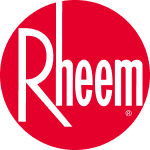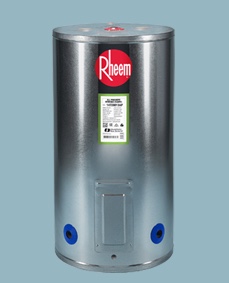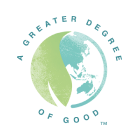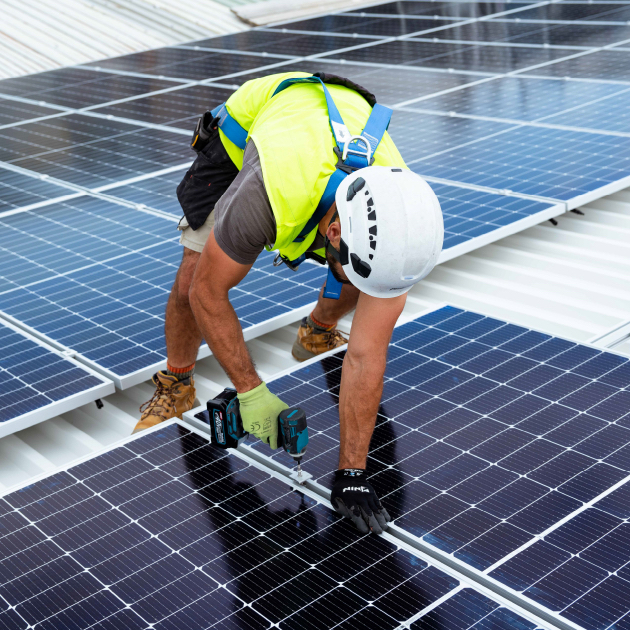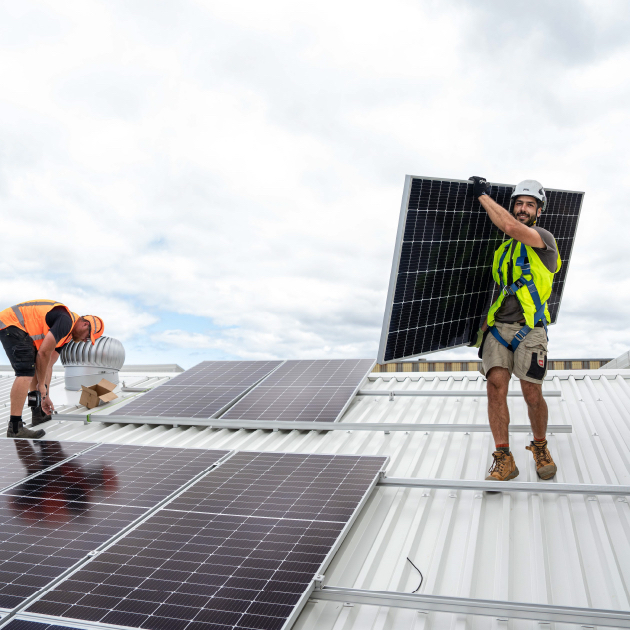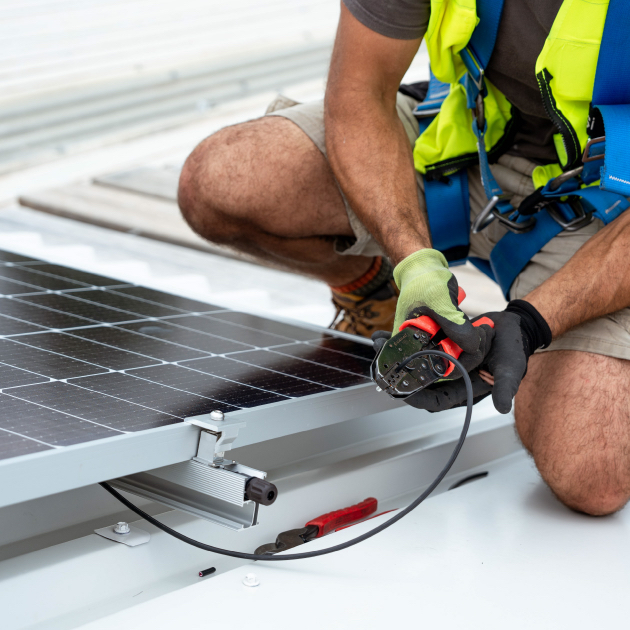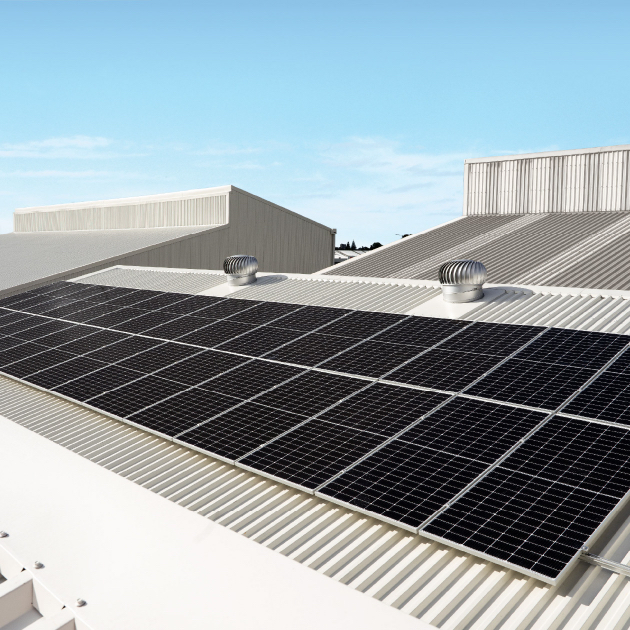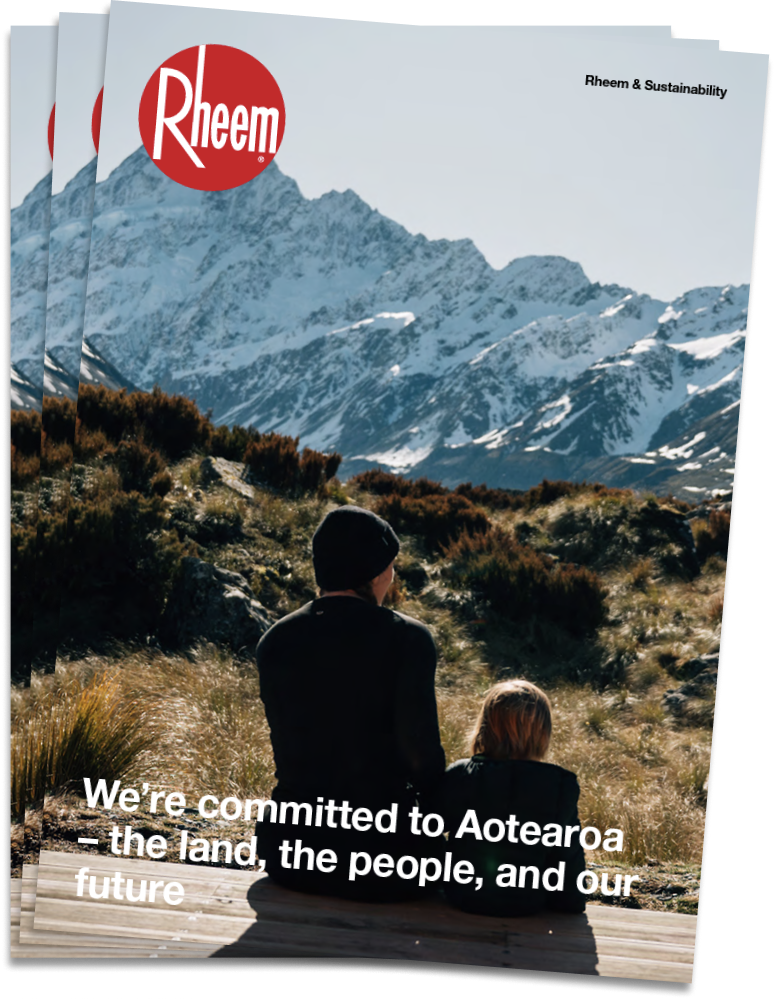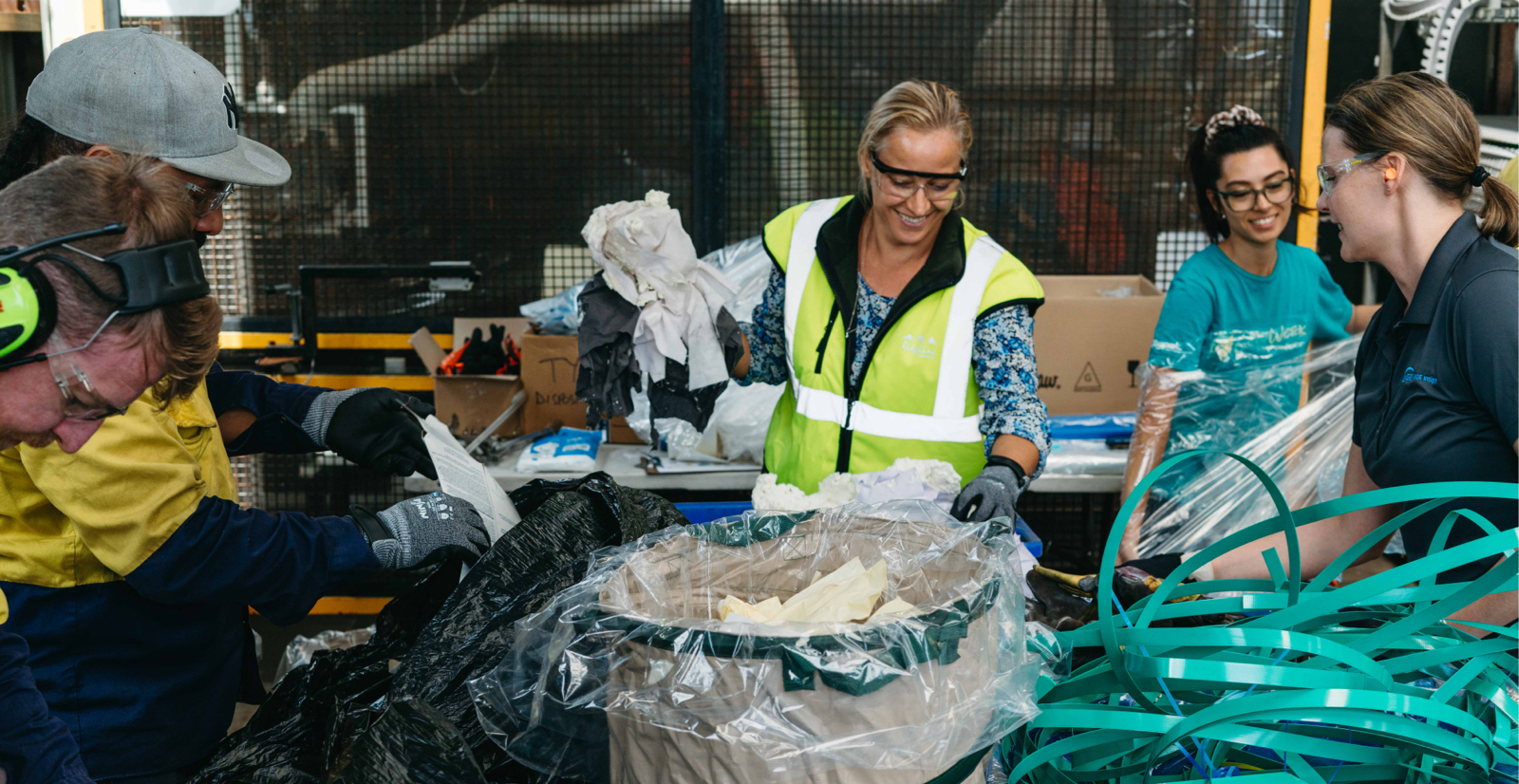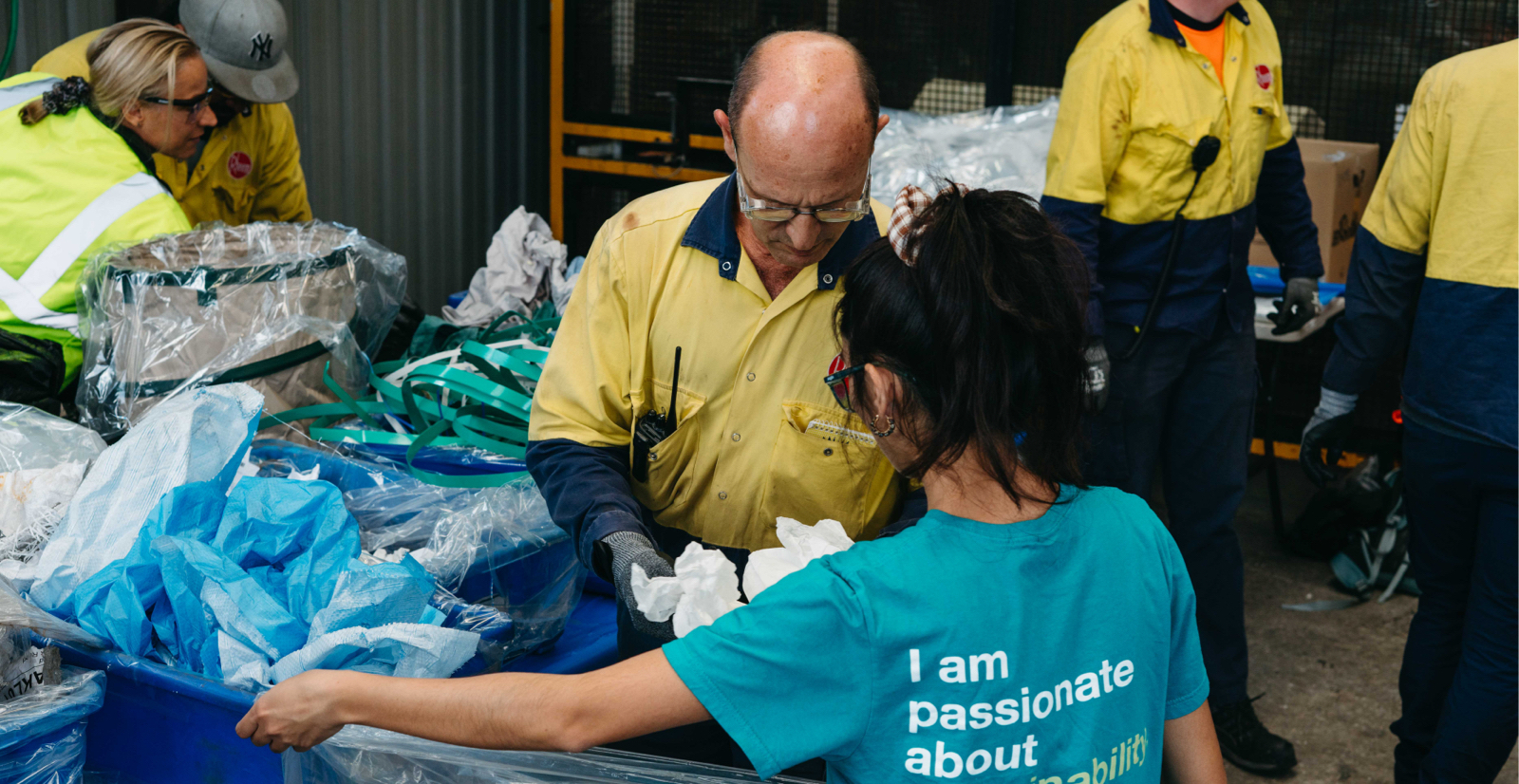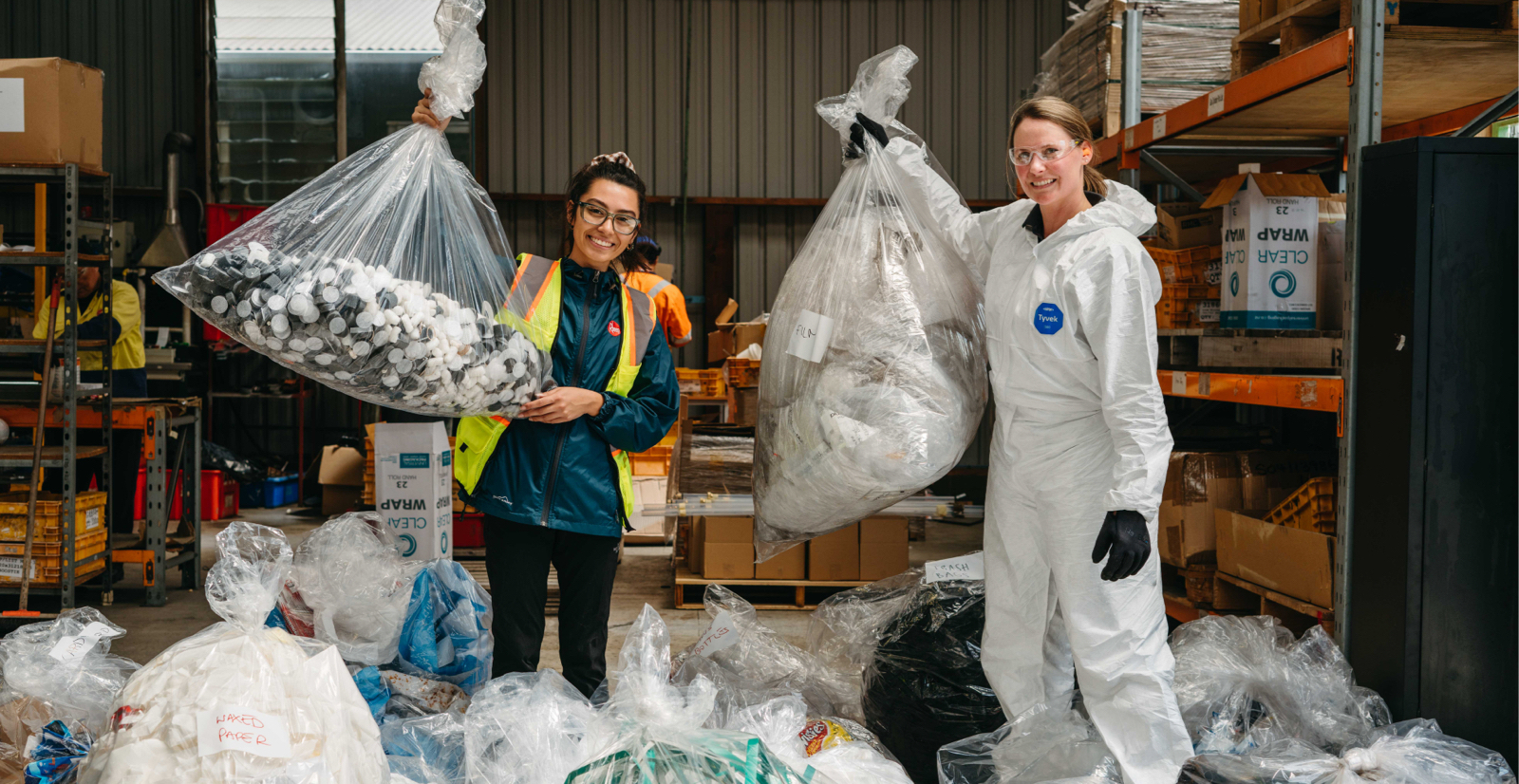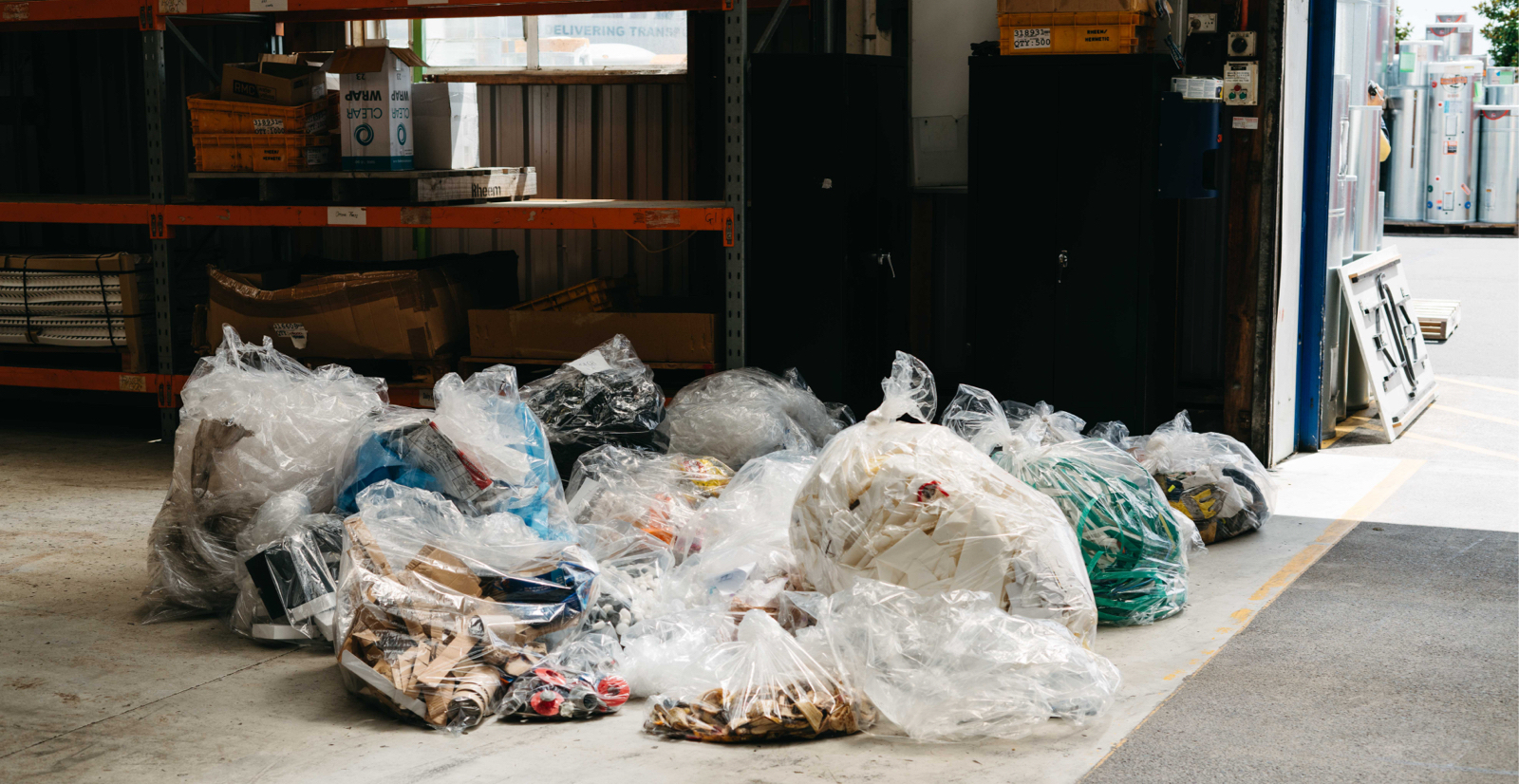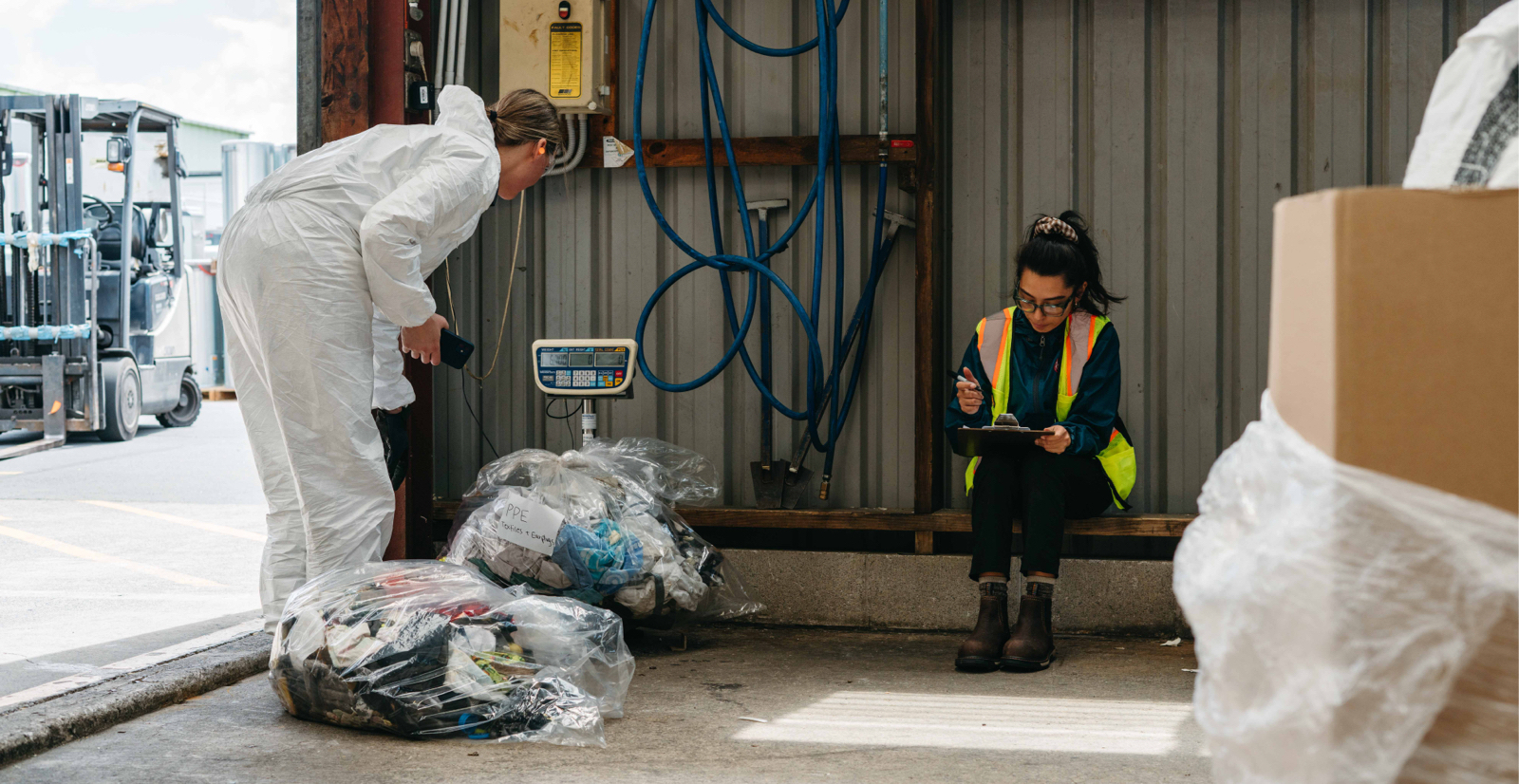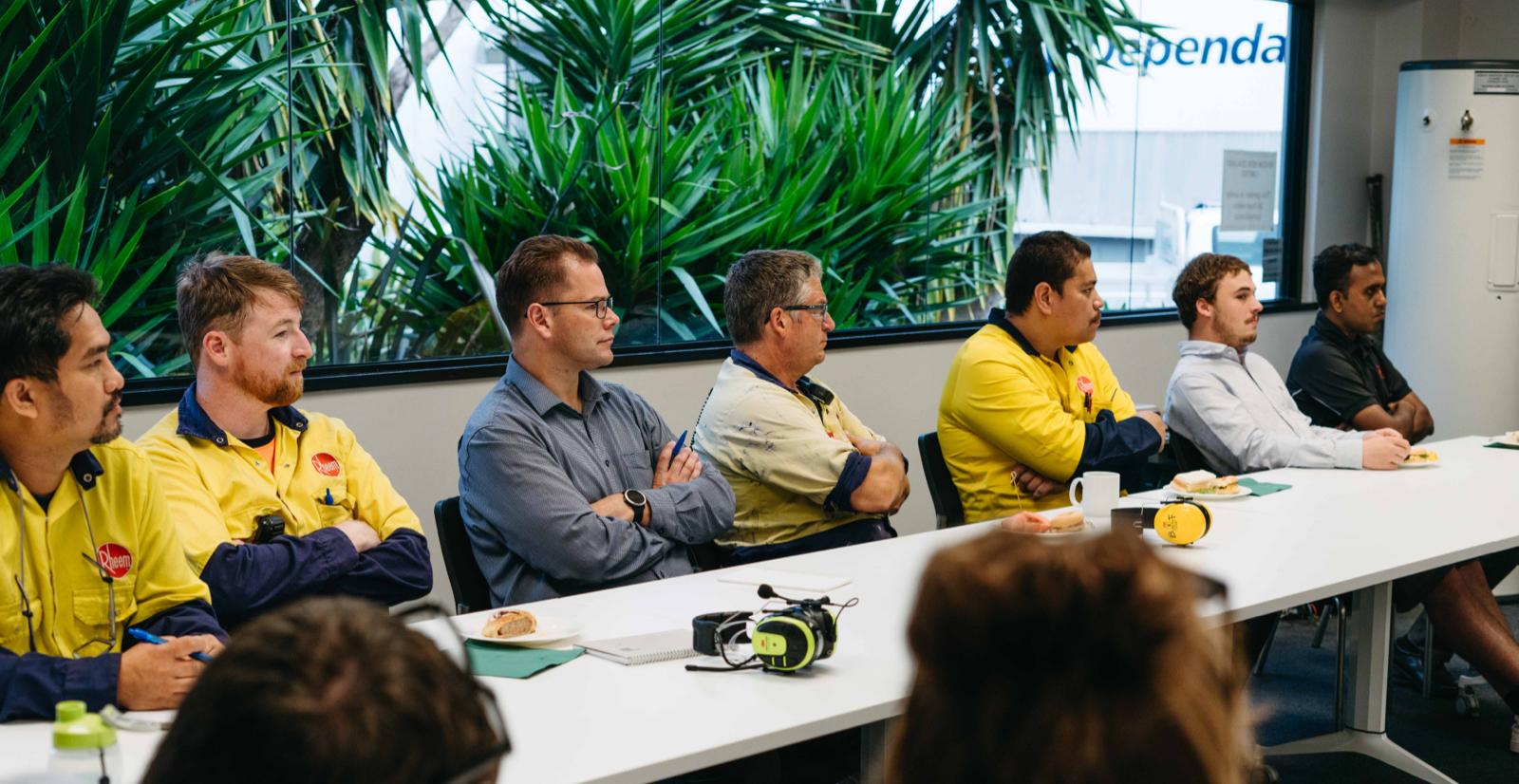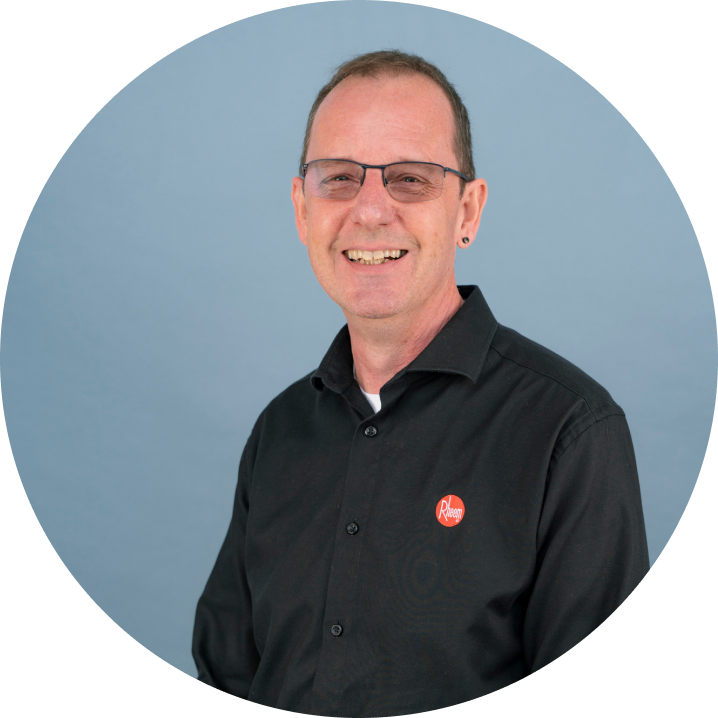Our Sustainability Program
In 2019, when we launched our environmental sustainability program, A Greater Degree of Good™, we announced a set of ambitious goals for 2025. Six years later, we have made significant strides toward our goals and are committed to setting even more aggressive targets.
Our sustainability program is built upon core pillars, each with a specific goal. This framework guides our efforts to maximise our positive impact and contribute to a sustainable future.
Degrees of Innovation
Degrees of Efficiency
Degrees of Leadership
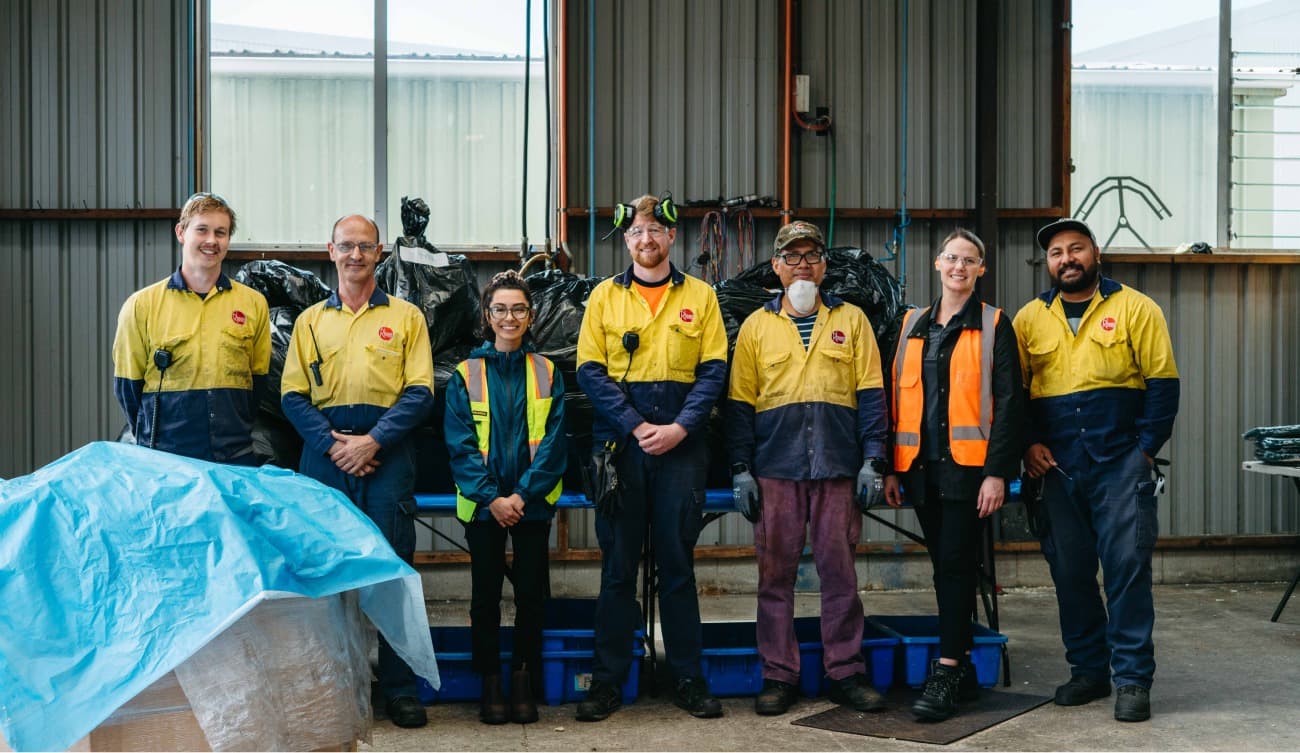
We’re committed to Aotearoa – the land, the people, and our future.
Degrees of Innovation
Our 2025 global goal: launch a line of heating, cooling and water heating products that boast a 50% reduction in greenhouse gas footprint. 1
Our Progress: Rheem launched new range of hot water heat pump products across residential and commercial offerings that met our 50% GHG reduction goal!
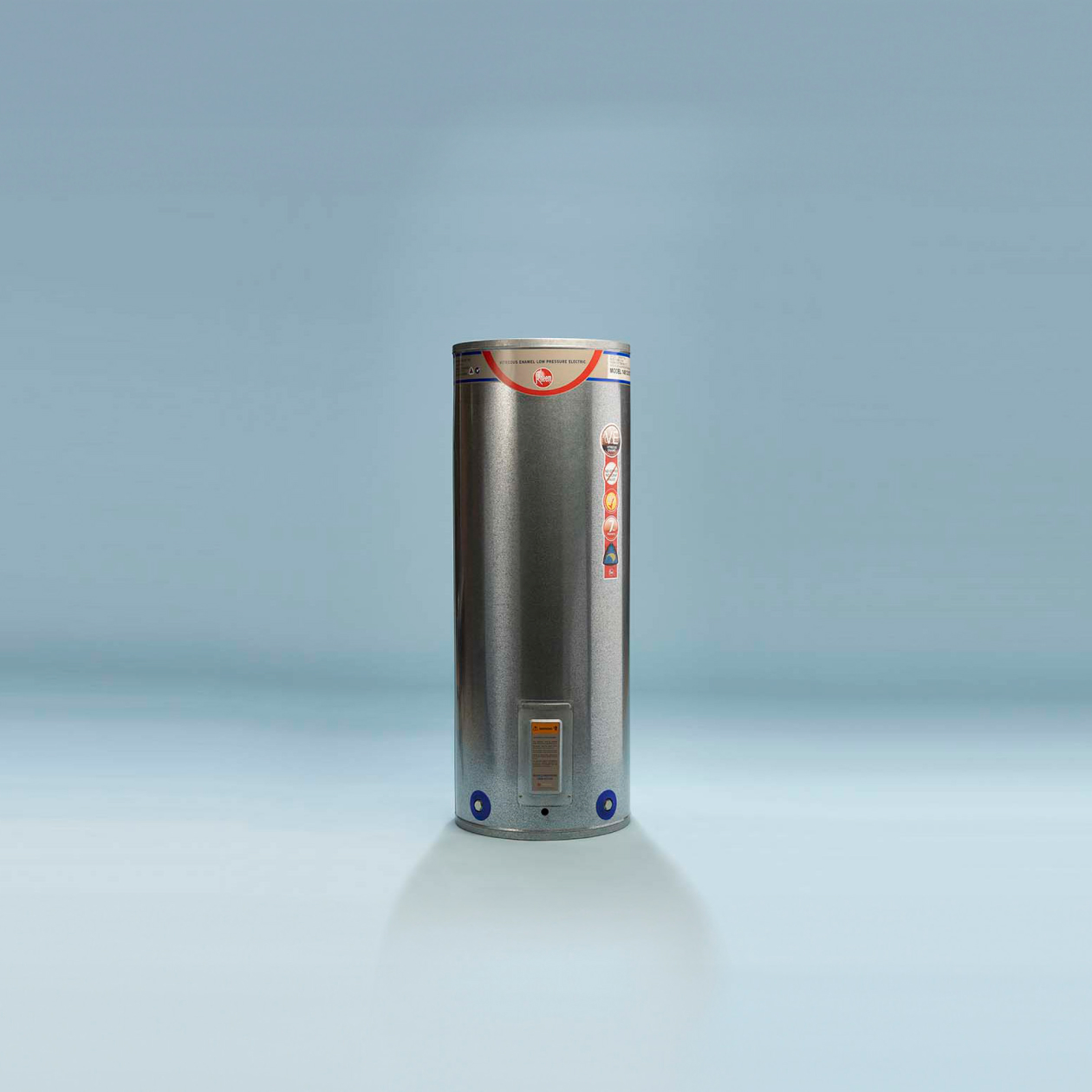
We’re Innovating
Rheem Vitreous Enamel-Lined Water Heaters are more sustainable than ever.
All Vitreous Enamel water heaters’ insulation meets or exceeds NZ MEPS (Minimum Energy Performance Standards), reducing the energy demand of the product.
We fit the heaters with a sacrificial magnesium anode to provide additional corrosion protection to the cylinder in adverse water conditions, giving the product a longer life cycle.
We use Solstice ZD Blowing Agent for foam insulation, which has very low GWP & zero Ozone-Depleting properties.
The recyclable cardboard packaging goes only on the top rim of the water heater, meaning there is no unnecessary waste.
The cylinder’s jacket, tank and valves can all be stripped and recycled.
Rheem Factory Solar Installation
Earlier this year, we installed solar panels on the Rheem factory in Avondale...
This gave us a chance to see our new Rheem Solar Solutions in action firsthand, while also lowering the overall energy consumption of the factory. In the month of May, the solar panels produced, on average, 214 kwh per day. To put this in context, the average NZ home uses around 20 kwh per day.
This means that Rheem Avondale is now making meaningful use of a renewable energy source, lowering both its carbon footprint and overall impact on the environment. The energy produced by the solar panels also resulted in roughly $1395 of savings in May 2023 alone – and this was a cloudy, wet month!
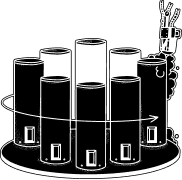

Degrees of Efficiency
Our 2025 goal: reduce greenhouse gas emissions by 50% and achieve zero waste to landfill in our global manufacturing operations. 2
Our Progress: Both of the Rheem NZ manufacturing facilities achieved Zero Waste to Landfill by diverting at least 90% of waste from landfills!
Zero Waste Audit, Avondale 2023
With a goal of zero waste to landfill by 2025, we needed to assess how much of our current waste was being recycled sustainably.
Earlier this year, the Rheem Global Sustainability team joined us and a bunch of generous volunteers to spend three days collecting and counting trash.
The occasion: the 2023 Rheem Avondale Waste Audit.
It may not be the cleanest of jobs, but the waste audit was an essential part of our overall sustainability strategy. Our goal is zero waste to landfill by 2025, which means we needed to assess how much of our current waste was being recycled in a sustainable way. And as zero waste is a global goal, we were lucky enough to have the Rheem Global Sustainable team fly all the way from America to help us with the audit.
On Wednesday 8th February, the waste audit started at 6am and would continue for 24 hours. The plan was to collect all the waste the Rheem Avondale factory and office staff produced in a 24-hour period, and then work out what recycling processes are working well, and where there is room for improvement.
The way we measure the sustainability of our waste management is by calculating the “Diversion Rate”. Simply put, the diversion rate measures the portion of waste not sent to the landfill. The greater the diversion rate, the more sustainable the waste management processes, so tracking the diversion rate over time is a great way to measure the effectiveness of reuse, recycling, and organic composting programs.
On Thursday morning, the 24-hour sample period was complete and we all gathered at 10am to start processing the waste. We were fortunate enough to be joined by a group of wonderful volunteers who helped us sought and document the waste.
With the waste processed, we were finally able to see the results of the audit and discuss our areas for improvement at a ‘lunch & learn’ on the Friday. In short, we collected 105.5kg of waste – three cubic metres – over the 24-hour period.
Most of that waste was able to be diverted with our current recycling streams. This included bottles & cans, cardboard, paper, food, paper towels, metal, plastic wrap and E-waste. The EPS, enamel bags, mixed soft plastics, PPE masks, PPE, plastic plugs & gaskets and foam cutouts can also all be diverted under existing recycling streams.
This was a great start for Rheem Avondale, but still a long way off our goal to have zero waste to landfill. We are dedicated to achieving this goal, so we’re currently working hard to find recycling solutions for all our waste.
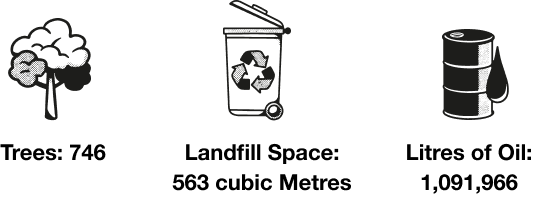
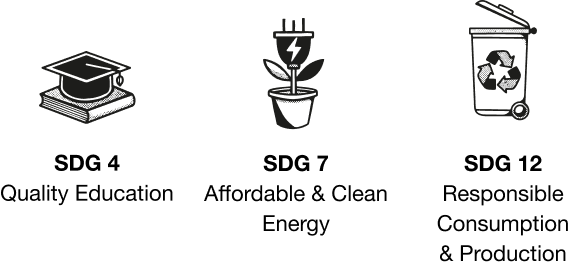

84.7%
87.6%
98.8%
Degrees of Leadership
Our 2025 global goal: train 250,000 plumbers, contractors and key influencers on sustainable products or sustainable installation and recycling best practices.
Our Progress: Rheem more than doubled our worldwide goal by training plumbers, contractors and key influencers on sustainable products and practices.


Progress we’re proud of
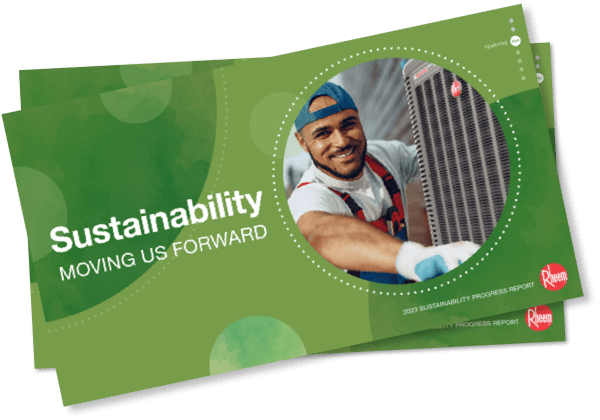
1 Rheem’s goal is to release by 2025 a line of heating, cooling, and water heating products that reduce greenhouse gas emissions by 50% as compared to products available in 2019. Reduction calculations will be based on the products’ use phase emissions only and utilise average emission factors to account for variability in electricity grids. Reduction calculations will not consider upstream or manufacturing impacts, but use phase emissions account for the majority of the products’ impact. At this time, these figures have not been independently verified by a third party.
2 Rheem’s goal is to reduce greenhouse gas emissions by 50% by 2025 from a 2018 baseline. This metric will be based on intensity emissions normalised by units produced and includes Scope 1, 2, and elements of Scope 3, as defined by the Greenhouse Gas Protocol. At this time, these figures have not been independently verified by a third party.
